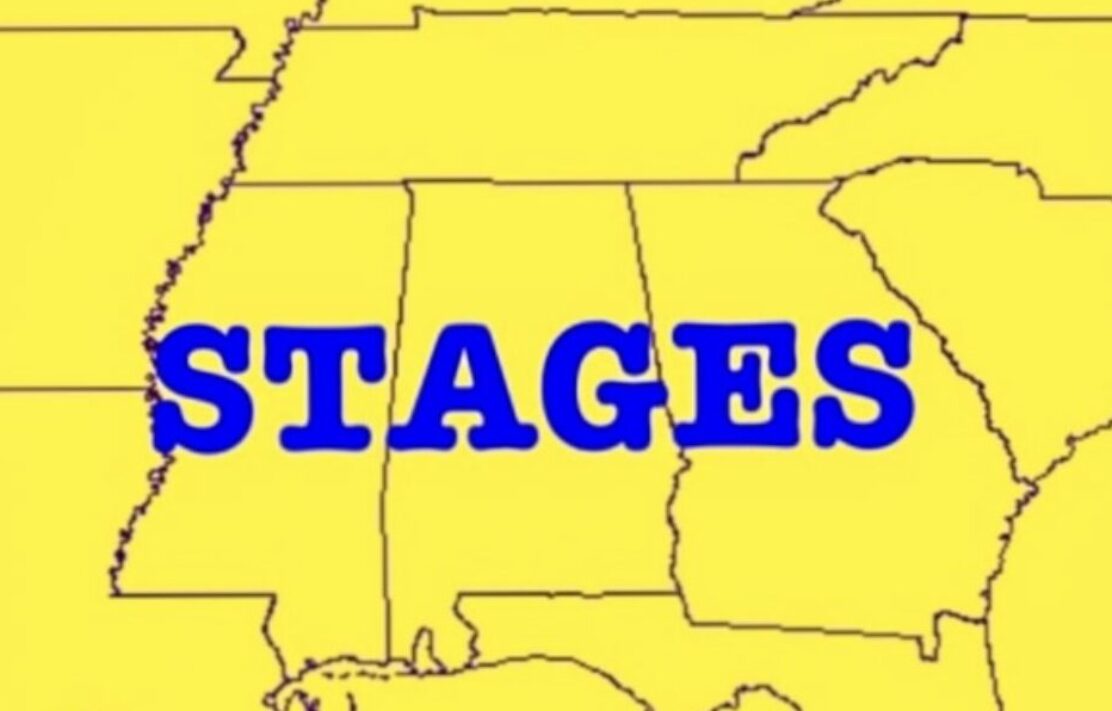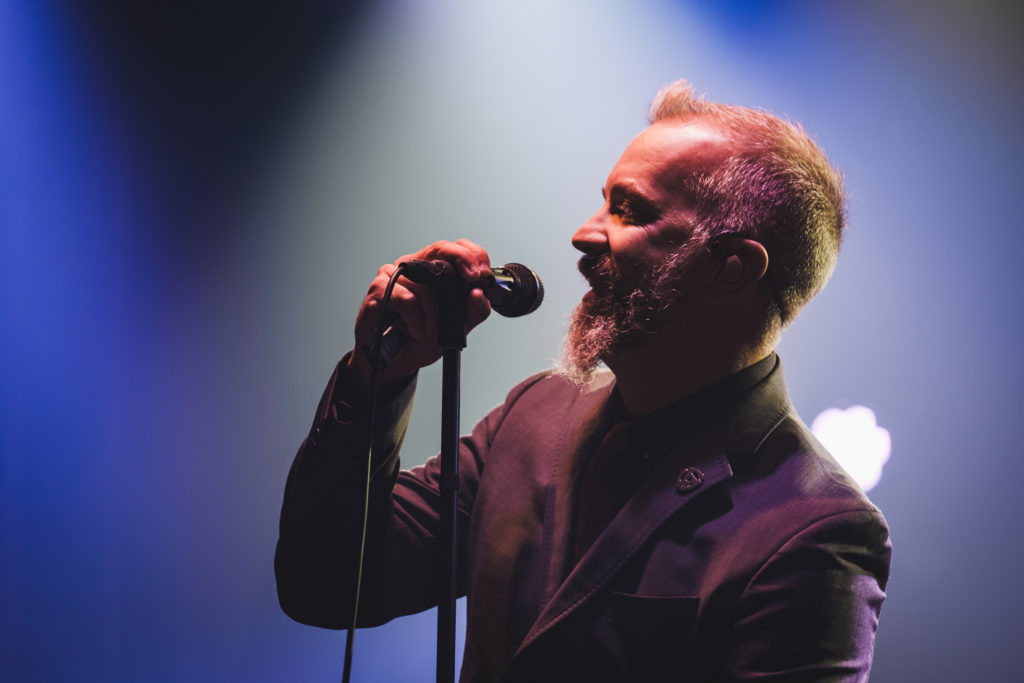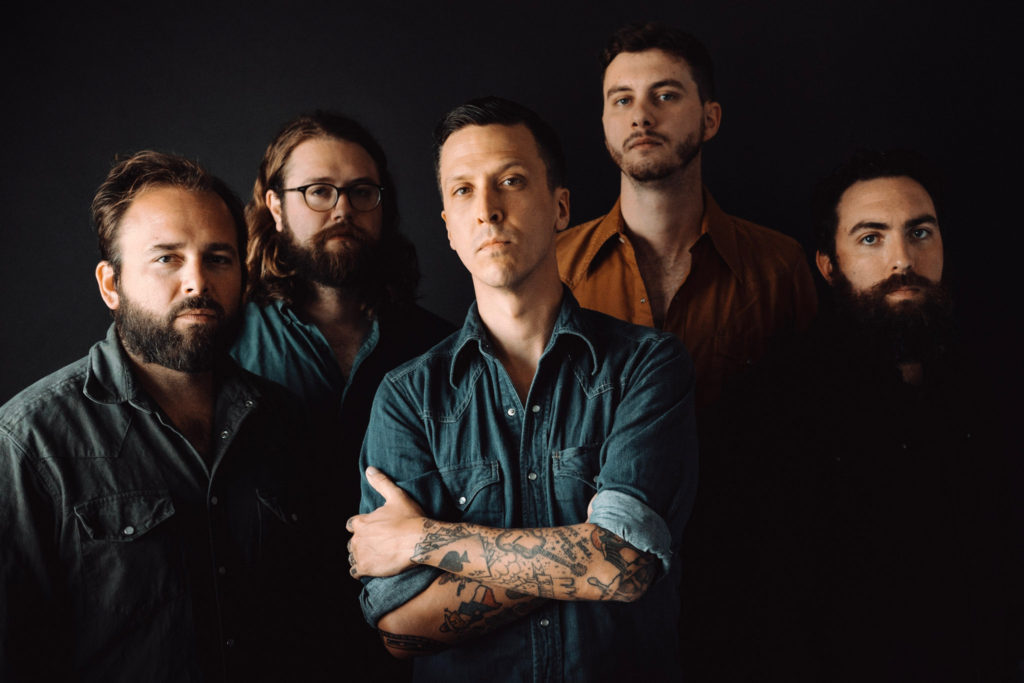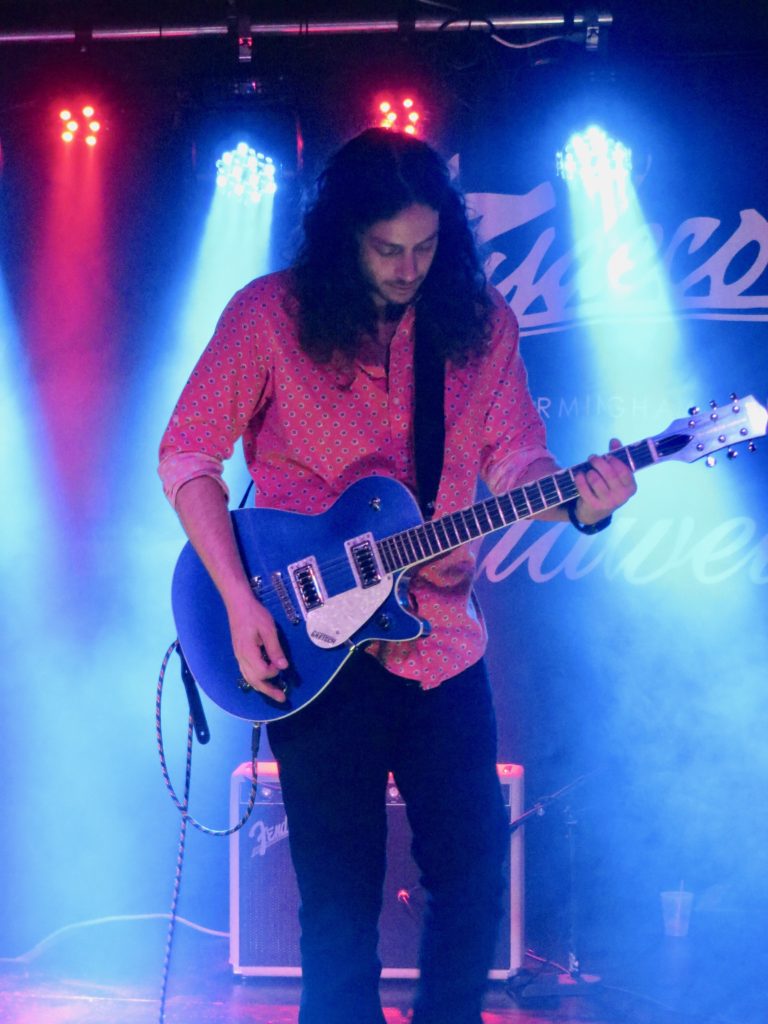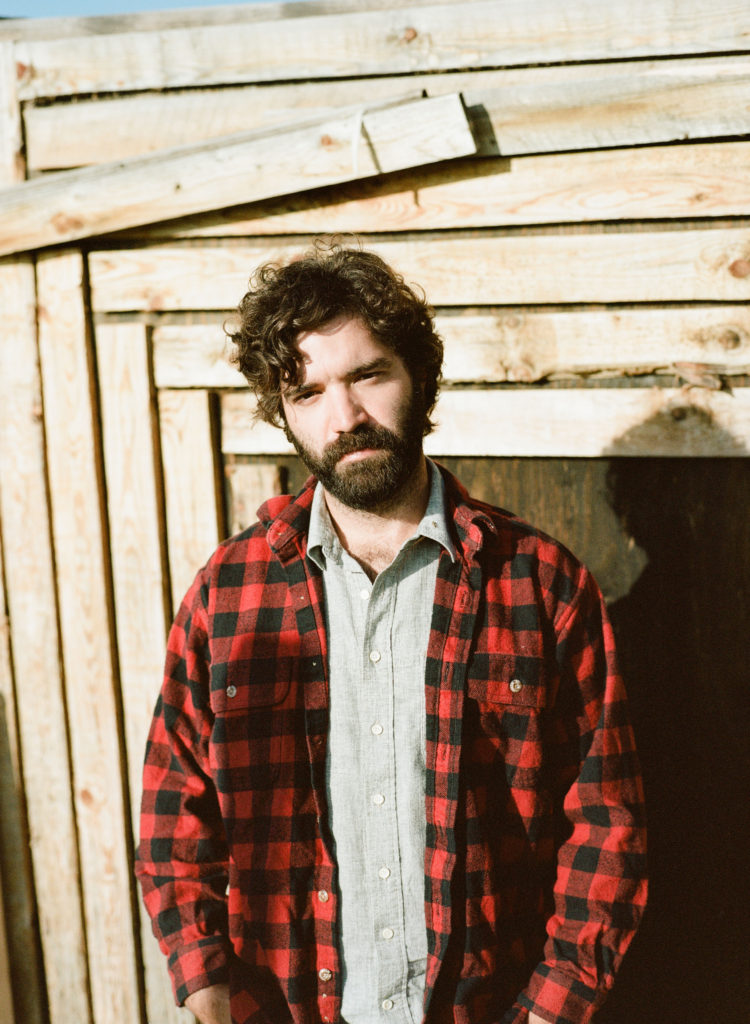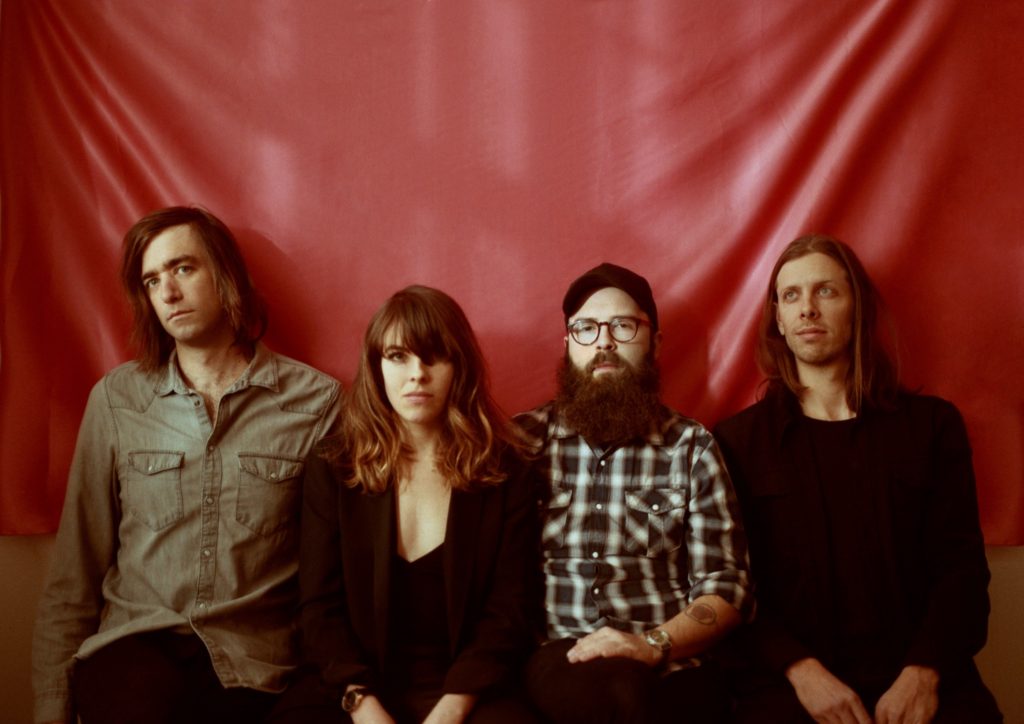By Brent Thompson
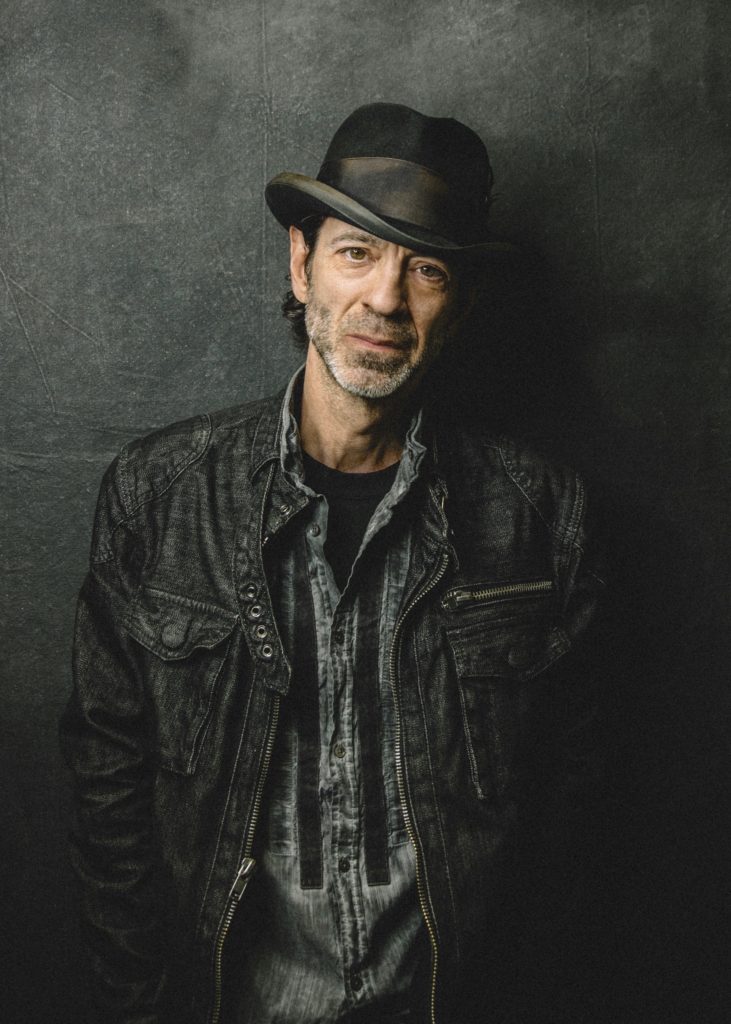
Photo Credit: Joshua Black Wilkins
If I could buy myself a conscience that wasn’t broken
Mend every fence I drove my hard head through
Re-lock all the doors I wish I never opened
Unlearn all the things I wish I never knew
And it came out through this bottle
It came out through my fists
It came out way too early
I wish it never did
These are the opening lyrics to “Sideways,” the first track on Travis Meadows’ latest album, First Cigarette [Blaster Records]. Anyone familiar with his material knows that the singer/songwriter isn’t afraid to lyrically rip off the bandage and expose the wound. The third album in a quasi-trilogy of self-reflection tied to his sobriety, First Cigarette – the follow-up to 2010’s Killin’ Uncle Buzzy and 2013’s Old Ghosts and Unfinished Business – is no exception. Dubbed “Nashville’s Favorite Underdog” by Rolling Stone, Meadows’ fellow artists have taken note of his talent as Eric Church, Dierks Bentley, Wynonna Judd and Mary Gauthier – among many others – have recorded his songs. on Friday, June 29, Meadows will perform at Saturn as the supporting act for American Aquarium. Recently, Meadows spoke with us by phone about First Cigarette, vulnerability, sobriety and the evolution of his adopted hometown of Nashville.
Birmingham Stages: Travis, thanks for your time. With such an honest and open writing style, do you feel a sense of relief when you record songs or do you feel vulnerable and exposed?
Travis Meadows: This is the third record with the “vulnerable” Travis, so it’s not really as terrifying as the first one was, Killin’ Uncle Buzzy. What’s funny is I’ve kind of built a fan base from Killin’ Uncle Buzzy, which documented me getting sober. Actually, the thing I was more nervous about was not having every song being heavy in content. I’ve been touring for quite some time post-rehab and I put myself in the listener’s shoes and thought, “If I had to listen to 90 minutes of this kind of depressing shit, I’d want to shoot myself in the face.” So I put some levity on this record on purpose. That was actually more terrifying to me. Would fans think I’ve sold out? But the reality is A: I’m happy and more content in life and B: The last couple of records were really self-indulgent with me processing things. On this record, people can catch their breath and smile and bob their heads and then onto the next heavy one [laughs].
Birmingham Stages: You seem to accomplish the difficult task of writing personal songs that also have universal themes.
Meadows: That was also a little bit of an on-purpose. The record that started all of this was documenting me getting sober, so that was deeply personal and self-indulgent and I never intended for anybody to hear those songs. One of my counselors suggested I keep a journal and I said, “I’ll write songs about it of you think it’ll help,” and all of this kind of happened accidentally.
But I’m in a different place now. I’ve been in a vulnerable place before and people do identify with that and I think it gives people permission to be okay with themselves in going through hardships. Scars and all, we do an injustice to ourselves sometime. We think, “If I was married to this lady” or “If I had this job instead of that one” or “If I made this much money instead of that much money, I’d be happy.” The reality is the secret to happiness in life is being content with who you are and where you are, scars and all. I think that’s what some of this music does. If this guy can survive this kind of stuff and process it and stick it out there, maybe it’s okay for me to talk to somebody about what I’m going through. It seems to be working.
Birmingham Stages: Your bio details your struggles as a child – witnessing death and enduring divorce – and your later battles with cancer and addiction. Are you tired of discussing those topics or is helpful and cathartic to do so?
Meadows: When I first started talking about it, it was helpful and cathartic and it kept me out of trouble. I think now I don’t need to talk about it so much to keep me out of trouble, but it does still serve as a good reminder of how far I’ve come, which is important as well.
Birmingham Stages: How does your writing process tend to work? Do you write on the road?
Meadows: I don’t know how some of my extremely famous friends do it with this kind of schedule. I can’t write [on the road]. Literally, I’ve just laid down across the bed and I’m trying to rest because I just rode seven hours and I’ve got an hour before soundcheck. I don’t know how they do it. I’m putting down ideas and song titles and lyrical ideas sometimes, but to flesh them out on the road for me at this stage of my career is impossible. It has to be when I’m back home on the clock.
Birmingham Stages: Speaking of your “extremely famous friends” – to use your words – how do they end up recording your songs? Do they hear them on your records or do the songs reach them through publishers?
Meadows: Both of those – they listen to my records and I have publishers working the songs. The third option is that I actually write with them. Every time Eric [Church] is getting ready for a record, I get this phone call [saying], “Meet Eric on the bus at such-and-such time” – it’s like Mission Impossible. It’s like working for the CIA – it’s awesome. There’ll be a nondescript bus in the corner of an alley at three o’clock, so I just show up and hop on the bus and we write for his records. So, you named two of the three options. The third one is to actually write with the artist.
Birmingham Stages: You’ve seen a lot of changes in your 16 years as a Nashville resident.
Meadows: Oh, my Lord. I can’t even pull in and out of my driveway for the traffic now. I’m about ready to get some elbow room. The appeal of Nashville when I first moved there was it had all the art and culture of a big city, but it had a small-town feel. Now it’s starting to feel like a big city. I don’t want to be the old guy that hates change, but when I can’t even park in my own driveway, there are considerations of moving somewhere a little outside of town with a little elbow room.
Birmingham Stages: If you will, talk about the experience of touring with American Aquarium and the band’s frontman, BJ Barham.
Meadows: It’s been really good. I’ve got a new agent that helped make all of this happen. Up until now, I’ve been playing little small venues for 50 people. So the whole idea of doing opening slots is a little foreign to me and I and honestly felt at times like I was taking up space. But BJ and the band have been so welcoming and made me feel like a part of this tour and not just the guy that’s filling up a little space at the beginning of the show. We’ve had some nice conversations and the rapport and kindness backstage says a lot about BJ as a human being. The people showing up to the venue have also been very kind because most of them – I do have two handfuls of people that are showing up to hear me – are showing up to hear him and they’ve been kind and attentive and not talking while I’m performing. It’s been really eye-opening and quite a pleasant experience.
Birmingham Stages: Do you feel like you’ve grown your fan base on this tour?
Meadows: Yes, totally. There have been lots of conversations after my set and after the show of, “I came to hear these guys, but you made a new fan tonight.” It’s telling the truth at the merch table, I’ll put it that way. The fans aren’t going to buy your freaking record if they don’t like you. So it’s good, man – a nice pat on the back.
Travis Meadows will perform in support of American Aquarium at Saturn on Friday, June 29. Showtime is 9 p.m. Advance tickets to the 18+ show are $15 and can be purchased at www.saturnbirmingham.com.
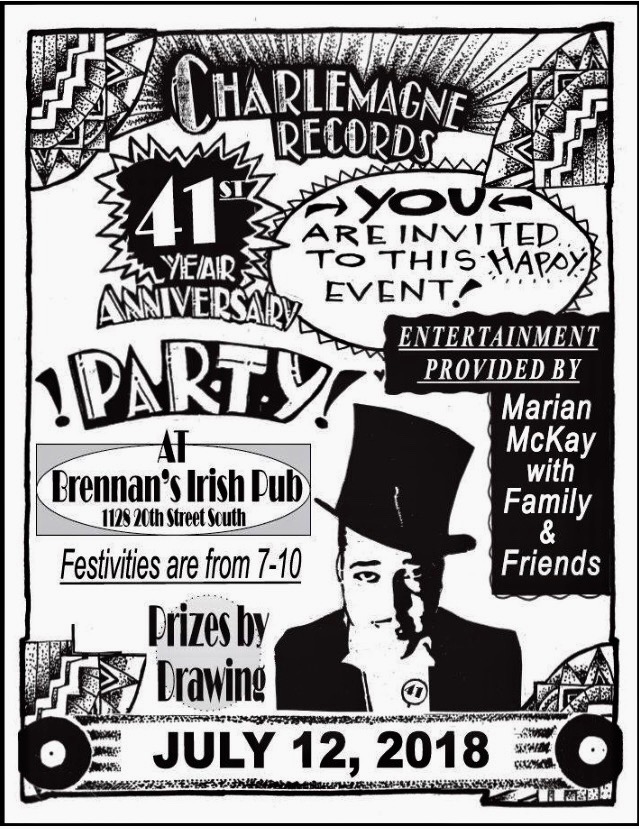
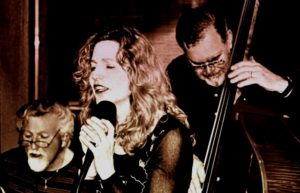 its 41st anniversary celebration at Brennan’s Irish Pub. Featuring jazz performed by Charlemagne owner Marian McKay (photo inset), the festivities will take place from 7 to 10 p.m. Brennan’s is located at 1108 20th Street South.
its 41st anniversary celebration at Brennan’s Irish Pub. Featuring jazz performed by Charlemagne owner Marian McKay (photo inset), the festivities will take place from 7 to 10 p.m. Brennan’s is located at 1108 20th Street South.